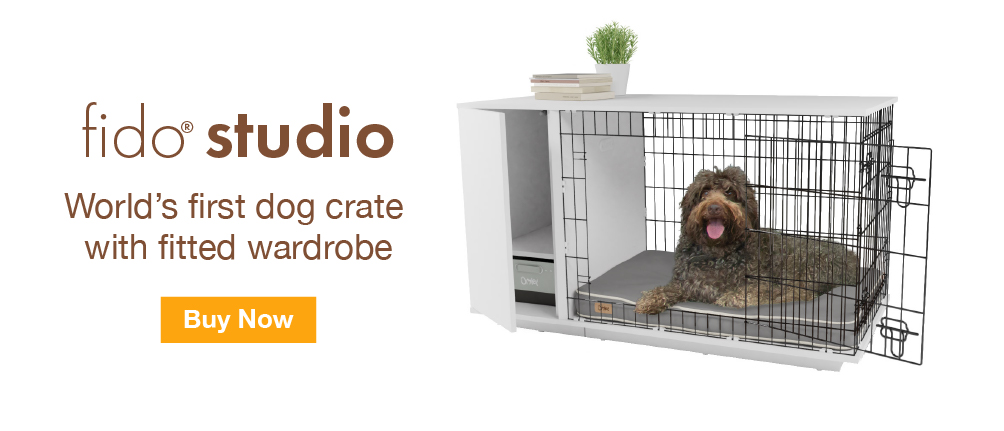Toy Poodle Dogs














History
It is common belief that the poodle comes from France, this isn’t true however. They are most likely the descendents of some curly coated breed from Asia that made its way to Europe with herders. The breed we know today was developed in Germany. Their curly coats insulate them from cold water and they were often used as duck hunters, they are masters of it. They were also used as military dogs, guide dogs and even in circuses. The French soon fell in love with the poodle, they were particularly loved amongst the “fashionable ladies” of the time. It is now the national breed of France. There are 3 types of poodle, The Poodle, The Miniature Poodle and The Toy Poodle. The Toy Poodle is the smallest of the three.
Behaviour
Toy Poodles are a very bright and alert breed. They are easy to train and they love to learn. They work well in a family setting, getting on well with children, dogs and other pets. They have an urge for attention and are best suited for a house in which someone is always home. They can become destructive if they don’t receive the interaction that they crave. Despite being fun loving and entertaining to watch, don’t forget that this is a very smart breed and they will use this intelligence to try and get their way. Poodles need to be taught that you are in charge, if not they will try and take charge of the house.
Training should be fun, engaging and rewarding. They learn very quickly and training is pretty straightforward. Just be sure to keep it stimulating and positive, as they don’t react well to harsh words/treatment. Bear in mind that despite their small size, Toy Poodles aren’t lap dogs. They are very active little dogs and will need a fair amount of exercise to tire them out. You can try to wear them out with games in the house, but most of the time a walk will be needed. They have surprising amounts of stamina for their size. Once tired they’ll happily curl up onto your lap and snooze. This truly is a people dog that requires human interaction to be happy. They do well in competitions such as agility, flyball and obedience, mainly because they love the attention they get from it.
Their coats rarely shed, in fact they shed so little that they are classed as hypoallergenic. They do need regular attention to keep them looking good, however. Brushing at least 3 times a week will be required, as will a trip to the groomers every 6 weeks or so. If you choose to go for the classic “pom-pom” cut, groomin will be much more intense. Poodles are more prone to Blindness, epilepsy and Progressive Retinal Atrophy than other breeds.
Temperament
The Toy Poodle is an energetic and lively little breed. Despite being so small, these dogs are full of life. They make for a great family pet or companion, as they love human interaction and will actively seek it out. They can become very attached to one person in particular, so it is important that everyone in the family spends time with them from a young age.
Health Problems
Potential health problems include luxating patellar (dislocation of the knee cap), canine hip dysplasia (CHD). elbow dysplasia, Legg–Calvé–Perthes disease (degeneration of the femoral head which can cause lameness and joint swelling), intervertebral disc disease (pressure on the spinal cord that can cause paralysis), progressive retinal atrophy (PRA: degeneration of retina which can lead to blindness), epilepsy and blindness.
Breed Details
- Status: Common
- Life Expectancy: 12 - 15 years
- Weight: 6 - 10 lbs
- Height: Up to 10"
- Rare: No
- Coat: Medium - Hypoallergenic
- Grooming Requirements: Everyday
- Town or Country: Either
- Minimum Home Size: Flat
- Minimum Garden Size: Small to Medium Garden
- Breed Type: Companion Dog
- Size: Small
- Energy Level: High
- Exercise Required: Up to 1 hour
Toy Poodle Pictures




















